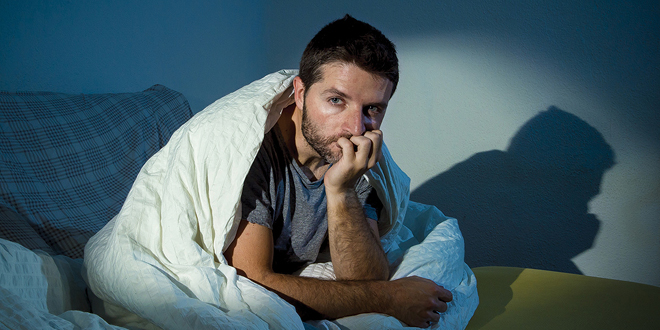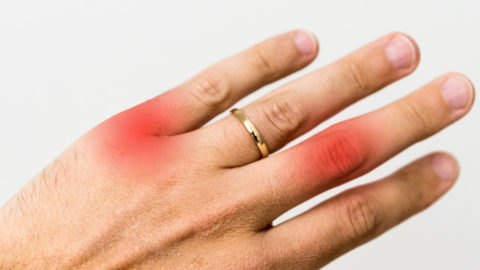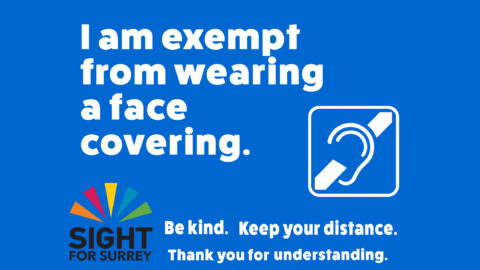Are you getting enough Zzzzz’s?

We all know that getting enough sleep is vital to how we function in our daily lives, but despite most of us spending over a third of our lives asleep, for many lack of sleep is a worrying issue.
According to the National Sleep Foundation (www.sleepfoundation.org) the advice that we have all been given throughout our lives that eight hours sleep a night is the optimum, still stands for adults.
Underlying causes of insomnia may be psychological or neurological, or just the by-product of a busy or chaotic life, according to the London Sleep Clinic.
Short-term insomnia is often triggered by a lifestyle change or event; but many things will contribute to the quality of your sleep including your diet, exercise levels and any stress levels.
Stimulants such as tea and coffee will also have an effect, especially if taken just before bedtime.
[box type=”shadow” align=”” class=”” width=”600″]The National Sleep Foundation recommended sleep ranges are:
Newborns (0-3 months) 14 – 17 hours per day
Infants (4 – 11 months) 12 – 15 hours per day
Toddlers (1 – 2 years) 11-14 hours
Preschoolers (3-5 years) 10 – 13 hours
School-age children (6 – 13) 9 – 11 hours
Teenagers (14-17) 8 – 10 hours
Younger adults (18 – 24) 7 – 9 hours
Adults (25-64) 7 – 9 hours
Older Adults (65+) 7 – 8 hours)[/box]
Around 30-40% of us will have difficulty sleeping at times, but what if you aren’t getting enough sleep on a regular basis? Does counting sheep work? Probably not, here are some tips that might:
- Make sure your bedroom is cool – 60 – 67 degrees is an optimal temperature
- Don’t nap during the day if at all possible.
- Try to get some exercise every day. Vigorous exercise is best, but even a gentle walk is better than no exercise at all.
- Make sure you have a supportive mattress and pillows. If your mattress is over nine years old, invest in a new, good quality one.
- Regulate your body clock by going to bed and getting up at the same time, even on weekends.
- Make sure your bedroom is quiet and dark. Blackout blinds, an eyemask and earplugs can help as will turning off all electrical appliances before you tuck-in.
What if you still can’t sleep?
Chronic insomnia can be linked to depression or a medical condition. If you are concerned that your inability to sleep is an ongoing issue it is advisable to seek professional help, especially if you are experiencing other symptoms such as:
- Struggling to stay awake during the day
- Feeling sleepy when driving
- Having trouble concentrating at work, home or school
- Are often told you look tired
- Experiencing memory difficulties
- Difficulty controlling your emotions
- Need to nap during the daytime
Your health professional will explore the possible causes of your difficulty with sleeping and try to find a solution. One way to do this would be to track your sleep patterns with a Sleep Diary, before deciding on a treatment plan.
We asked Katie Farmer from Katie Farmer Counselling for advice for when you just can’t sleep:
“Stress and sleep deprivation are closely linked. A good bedtime routine can help you to self-soothe and begin to unwind. I like to start with a warm bath and my favourite Dead Sea bath salts (which are my secret magic cure for reducing anxiety due to the skins absorption of magnesium which calms the nervous system).’
“Avoiding all stimulating activities, and unwinding with a book or relaxing music, turning off phones, emails, etc. Taking a few minutes each night before bed to write down your worries and the things you need to do the next day, then gently reminding yourself that you will return to the list in the morning.’
“If you find yourself waking in the night and worrying (normally including about lack of sleep!) get up and do something boring or my favourite trick is to take the time to meditate (something which I always want to do but struggle to find the time in daily life) it doesn’t take long for me to find my zen (and sleep) and I see this as a win-win”
By Nikki Relffe-Arnold






